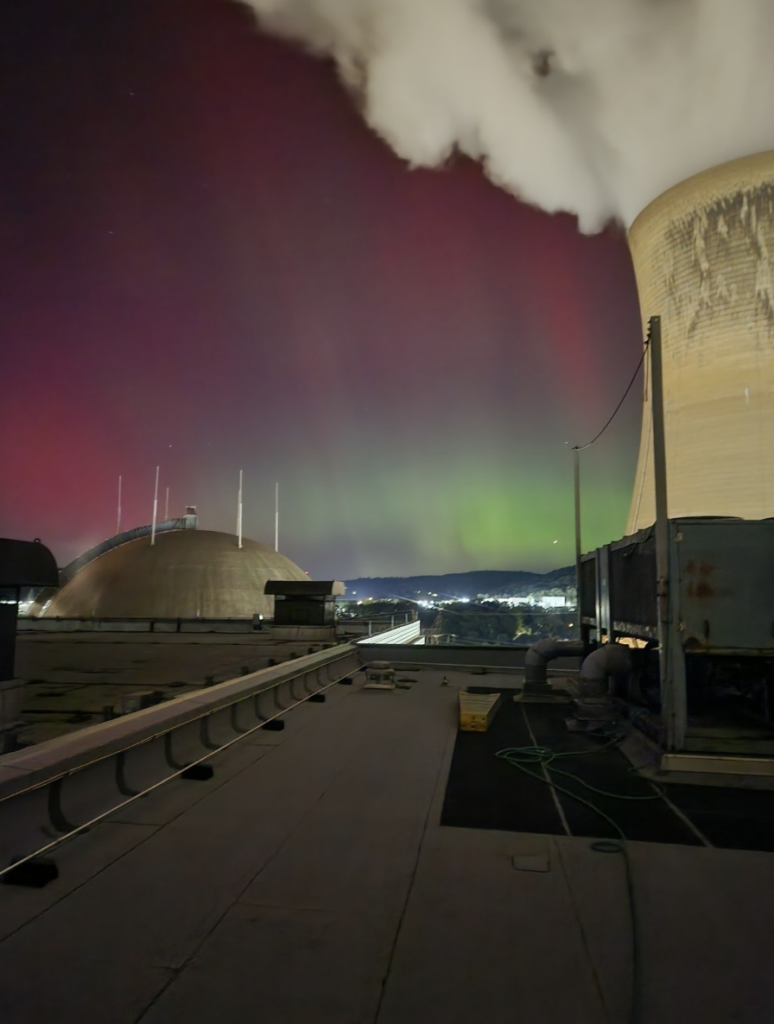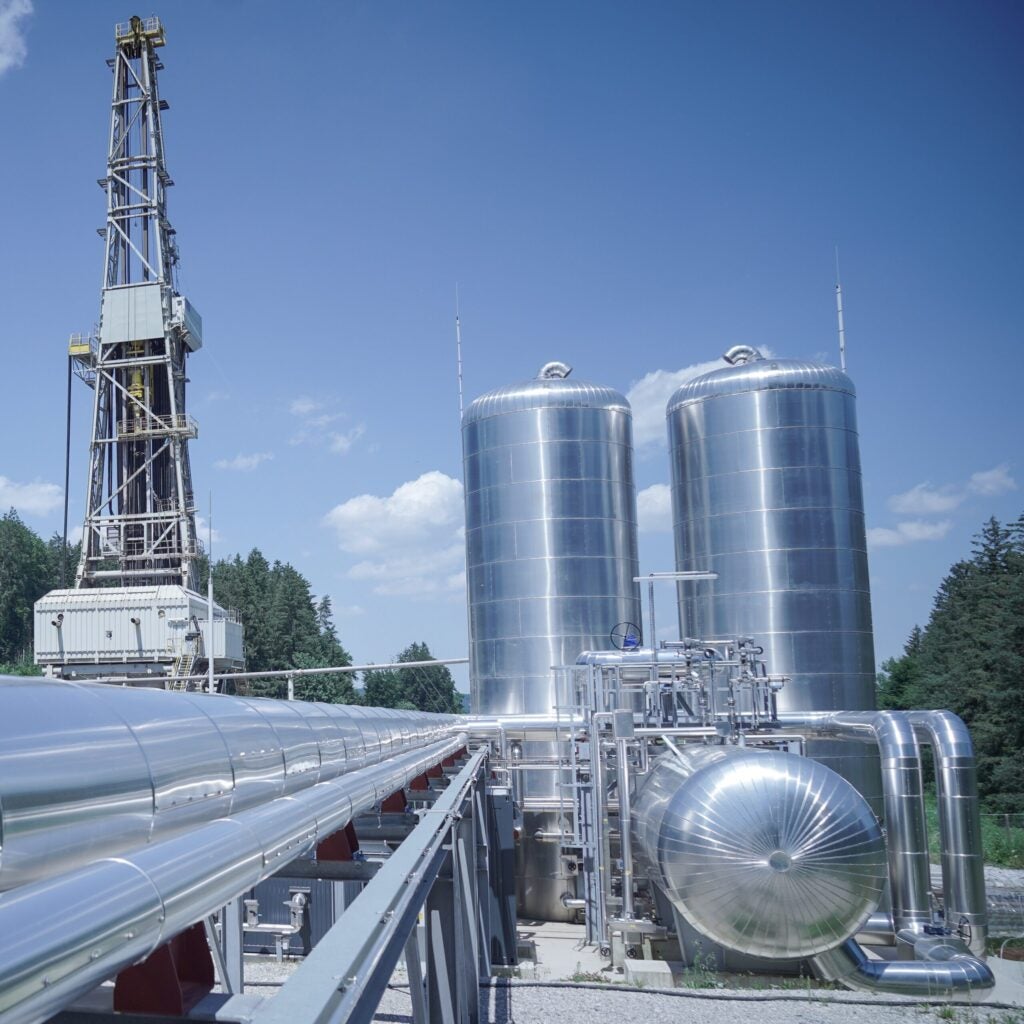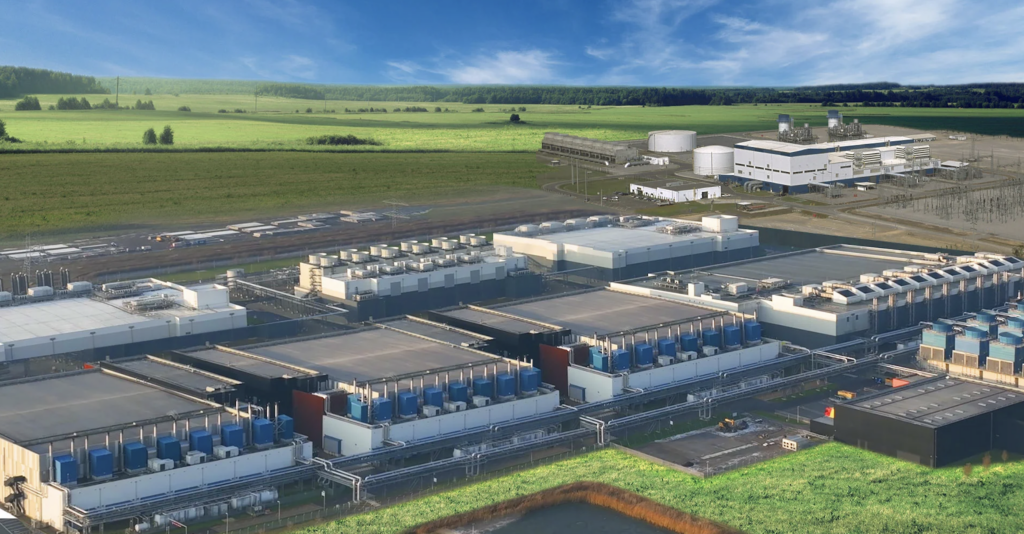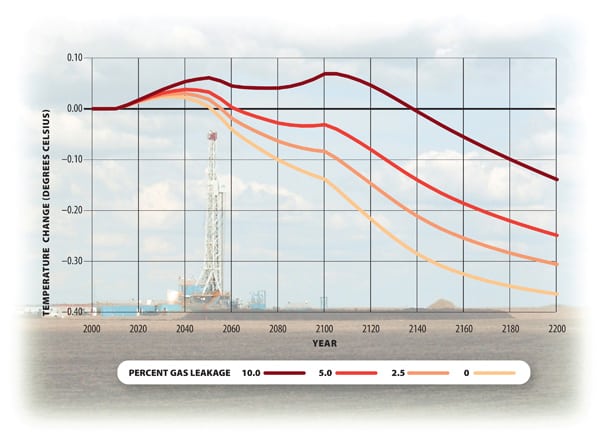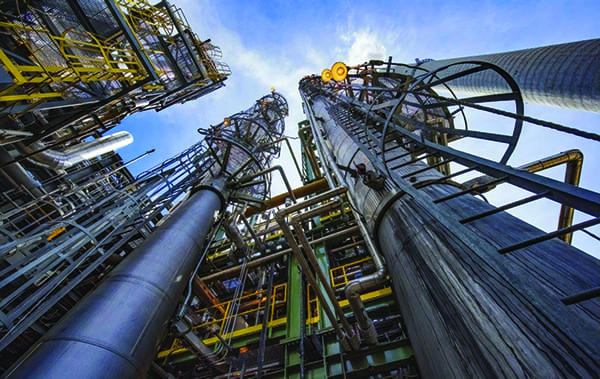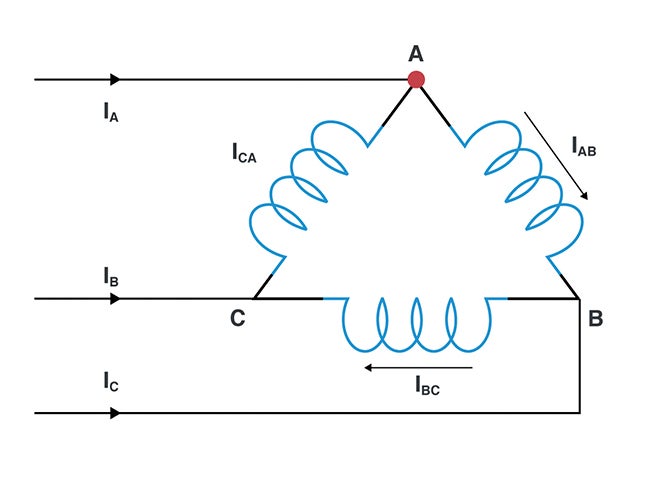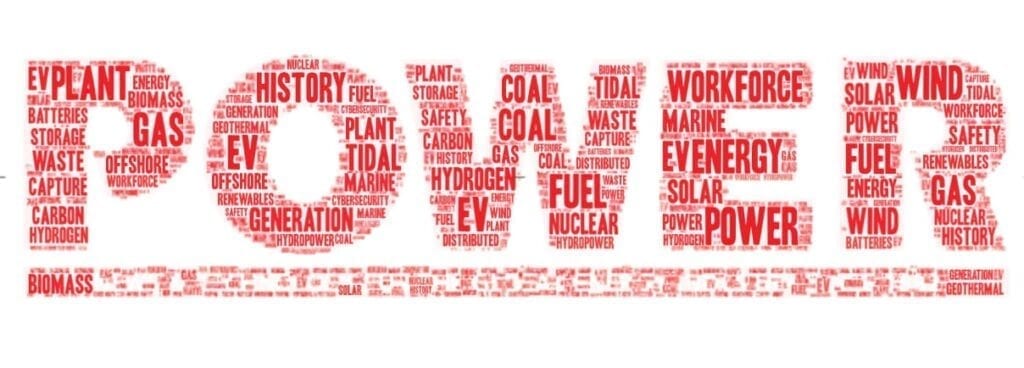The Product Stewardship Institute—a consumer advocacy group—defines product stewardship as “the act of minimizing the health, safety, environmental, and social impacts of a product and its packaging throughout all lifecycle stages, while also maximizing economic benefits.” The institute says manufacturers or producers of products have the greatest ability to minimize adverse impacts, but other stakeholders also play a role.
Every company has somewhat different corporate goals depending on their products and customer base, but certain metrics are applicable to almost all companies. A key stewardship metric is greenhouse gas (GHG) emissions attributable to products. Totals can be summed to get a complete picture for a company. I believe minimizing GHG emissions is a worthy product stewardship goal for all businesses.
How Are Energy Companies Measuring Up?
The overwhelming volume of energy consumed today comes from the burning of fossil fuels. When burned, GHG emissions are released. The scientific consensus is that these gases are rapidly heating up the planet. Many risk assessments have shown this overheating could lead to catastrophic effects.
Some major energy companies are promoting a business strategy that uses natural gas as the bridge to a cleaner future. Natural gas does emit less GHG than coal on a per Btu basis when burned, but the analysis assumes there are no methane leaks from both conventional and unconventional wells. This no-leak goal is not currently realistic; it would take years of work and heavy investments from committed corporations to achieve.
But even with deminimus methane emissions, the natural gas bridge emits too much CO2 and will lead to an overheated world. At best, replacing all the coal and eliminating methane leaks merely slows the global overheating slightly. There have been several studies of this strategy, and the ones I’ve seen show the world blowing well past 2- or 3-degree-C temperature increases, unless the major energy companies leave most of their currently known fossil fuel reserves in the ground along with any new discoveries. The atmospheric budget for more CO2 is very tight.
Many energy companies promote the belief that the developing world needs more and cheaper energy. I agree that developing nations need energy to raise their living standards, but these same countries will be the first to suffer from a much-changed climate. And, they are far less prepared to adapt.
This bargain for better living standards comes with a huge price—an irreversibly hotter planet—with more huge storms, prolonged droughts, crop failures, acidic oceans, dead corals, insect range increases, larger wildfires, and sea level rise with bigger storm surges. These new normal conditions will cause mass migrations on an unprecedented scale. Real but of unknown magnitude are the nonlinear “black swan” risks, such as warming permafrost feedback, changes to ocean currents, and potentially violent reactions from the human populations impacted.
Product Stewardship
Energy companies have not allocated sufficient funding to quickly develop and scale-up carbon capture and sequestration (CCS) technology. Yet, CCS is vital for continued burning of natural gas, especially for energy intensive iron/steel, Portland cement, and chemical processes.
The large-scale commercialization of CCS technology raises another question: What would be done with the massive amount of CO2 captured? The technology would be needed by nearly every global utility, and it could be a very costly proposition.
The major energy companies have not developed significant low-carbon energy generation offerings. Although some have acquired modest solar businesses and others have dabbled in biofuels, the expenditures for these lower-carbon sources are often less than 3% of company budgets. These programs appear to be marketing illusions rather than substantial business changes.
Having worked at DuPont for 34 years, I totally understand the profit motive. However, responsible companies must not only manage the risks of their operations, but also the risks from use of their products. My hope is that energy companies realize the terrible risk the natural gas bridge presents to all our grandchildren. Perhaps such an awakening would lead to significant business strategy changes, such as developing offshore wind resources and geothermal operations, or encouraging a massive reforestation effort.
What energy companies must do immediately is convey their scientific beliefs and real concerns about climate change risks to Congress and the general public, many of whom do not know what to believe. In addition, companies must become much stronger advocates for carbon-pricing systems. A public presence could speed up many positive initiatives. ■
—Bill Haaf (billhaaf@verizon.net) retired after a 34-year career with DuPont. He spent 15 of those years as the company’s global corporate manager of Product Stewardship.






